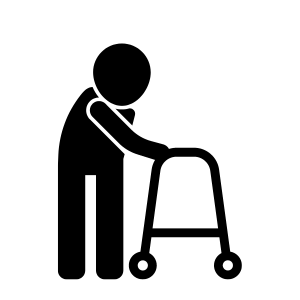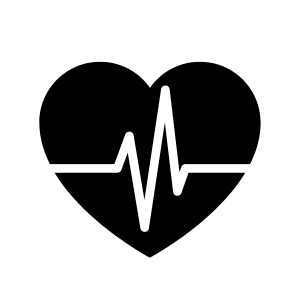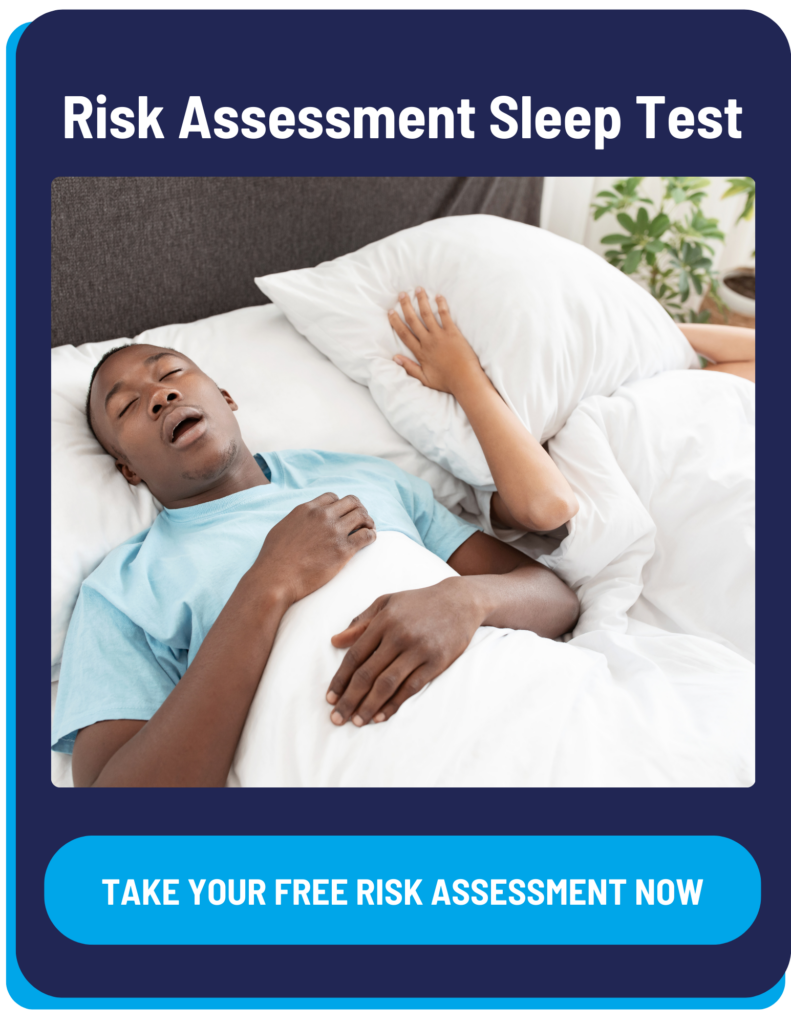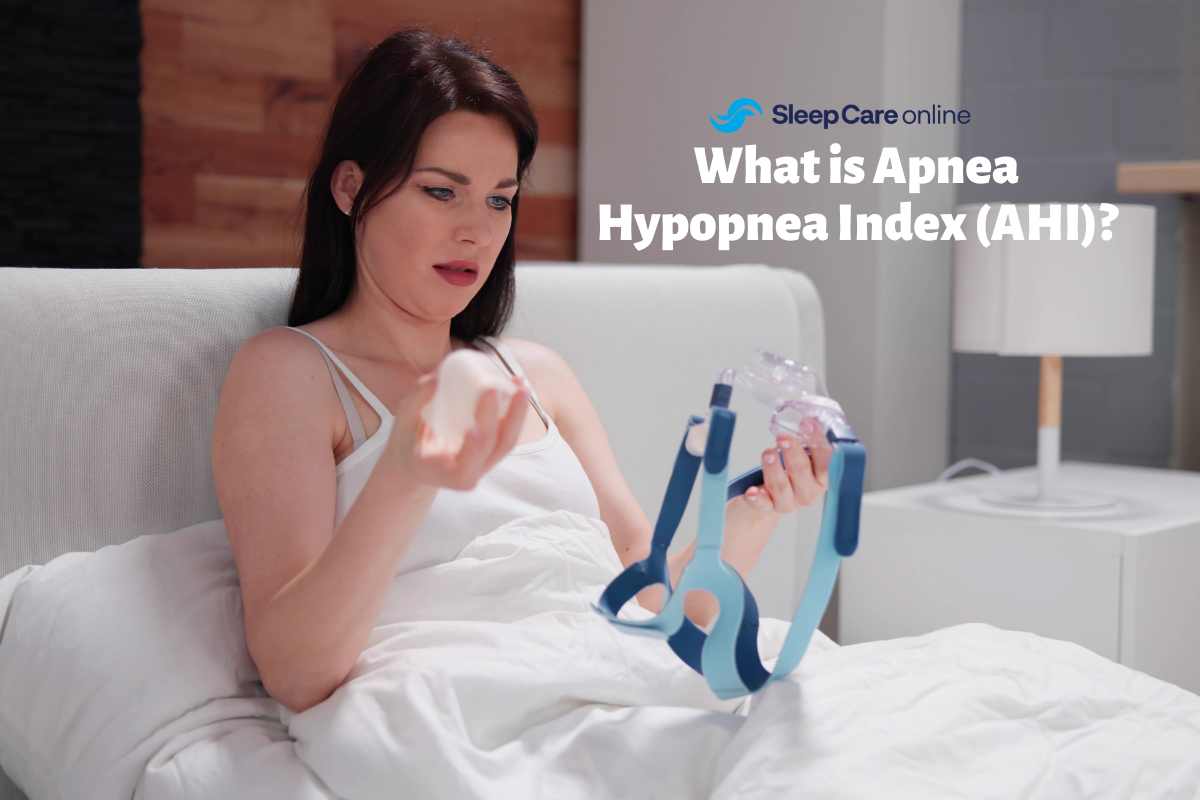Several factors could determine a diagnosis of sleep apnea. Obesity, cardiovascular disease, and hypertension have all been linked to a sleep disorder that affects roughly 22 million Americans. However, one risk factor that you may not be aware of is your heredity. Sleep apnea can be passed down through family members. While sleep apnea is hereditary, certain lifestyle changes may help minimize your risk.
Risk Factors for Developing Obstructive Sleep Apnea
Along with heredity, other characteristics that can lead to obstructive sleep apnea include:




Lifestyle Changes to Reduce Obstructive Sleep Apnea Risk
If you have symptoms of sleep apnea and have one or more of these risk factors, you can still make changes that can help reduce risk.
- Avoid smoking. Cigarette smoke can narrow the airway and lead to sleep apnea symptoms.
- Limit alcohol before bedtime. Alcohol can relax throat muscles causing the airway to close.
- Lose weight. Weight loss is one of the best ways for combating sleep apnea. Studies show that a 10-15% decrease in weight can lead to a 50% reduction of sleep apnea symptoms in obese patients.1
What Is the Difference Between Heredity and Genetics?
Heredity is the passing of specific characteristics from parents to their children. Many physical characteristics that contribute to sleep apnea can be passed down through families. Genetics is the study of heredity. Scientists use genetics to better understand how physical characteristics in family lines can result in health conditions like sleep apnea in their children.
How Genetics Can Increase The Chances Of Sleep Apnea
It is known that sleep apnea may stem from genetics. However, it could take more than that to develop this sleep disorder. As stated above, factors like weight, age, hypertension, and more, with the addition of genetics, could all contribute to the increased chance of having sleep apnea.
Is Central Sleep Apnea Hereditary?
Central sleep apnea does not appear to be hereditary. Yet there are risk factors that predominate in patients with the condition:
- Aging: older individuals are more likely to have central sleep apnea.
- Being male: men get the condition more often.
- Having previously had a stroke: patients recovering from a strike may develop the condition.
- Congestive heart failure or other heart issues: patients may develop central sleep apnea.
- Using opioids: opioids for managing pain may increase the risk.
Issues with the heart can lead some patients to central sleep apnea. Doctors must first make a diagnosis of sleep apnea and then determine the type of sleep apnea that is affecting the patient. Past poor heart health can be a clue in the diagnosis of central obstructive sleep apnea.
Is Infant Sleep Apnea Hereditary?
Infants may develop hereditary sleep apnea. Children younger than one-year-old may develop central, obstructive, or mixed sleep apnea as a result of their genetic makeup. A smaller airway at birth is one key sign that a newborn may develop sleep apnea. It is possible that as a child grows, sleep apnea may subside.
Symptoms of sleep apnea in infants are noticeable when the skin turns bluish around the mouth and lips. A slower heart rate is also a common symptom when the infant temporarily stops breathing while sleeping.
There are a few other risk factors for sleep apnea in children including:
- Obesity: Just like adults, being obese or overweight is one of the main contributors to OSA.
- Large tonsils: Having larger tonsils could make a child more inclined to have sleep apnea. Large tonsils could be from genetics, but it is also linked to other illnesses.
- Genetic disorders: Obstructive sleep apnea is more common among children with certain conditions, including Down syndrome, achondroplasia, and Prader-Willi syndrome.
- Orthodontic issues: A child with crooked teeth, a misaligned bite, or other teeth/jaw problems has an increased risk of developing OSA.
- Environmental conditions: Childhood sleep apnea could be triggered by asthma and allergens. Additionally, if a child is around smoke, they are more likely to develop OSA.
- Craniofacial anatomy: Similarly to adults, a child can develop sleep apnea due to their head and/or facial structure.
How Is Sleep Apnea Diagnosed?
If sleep apnea is hereditary in your family and you have symptoms, then it’s a good idea to get diagnosed. Diagnosis is easy with an at-home test through Sleep Care Online. Here is how it works:
- With a Complete Care Package, you will schedule a 10-minute telehealth visit with a healthcare provider to discuss symptoms, upcoming sleep study, test results, and discuss treatment options.
- A multi-night, disposable home sleep apnea test is mailed to your home to be completed at your convenience.
- A physician analyzes the sleep data and provides a prescription if needed.
- Schedule an optional follow-up appointment (additional fee applies).
- We connect you to sleep experts who can offer customized sleep therapy options, assistance in equipment purchase, and initial set-up.
Start with a Free Risk Assessment
Take a free online test to determine if you are eligible for a home sleep study test. For more information about the Complete Care Package, or any of the services we offer, contact our customer care team at 866-465-4478 or email contact@sleepcareonline.com.
Reference:
- Wiseman, Jill. Sleep Foundation. How Weight Affects Sleep Apnea. Updated 28 Aug 2020. Accessed 14 May 2020.





